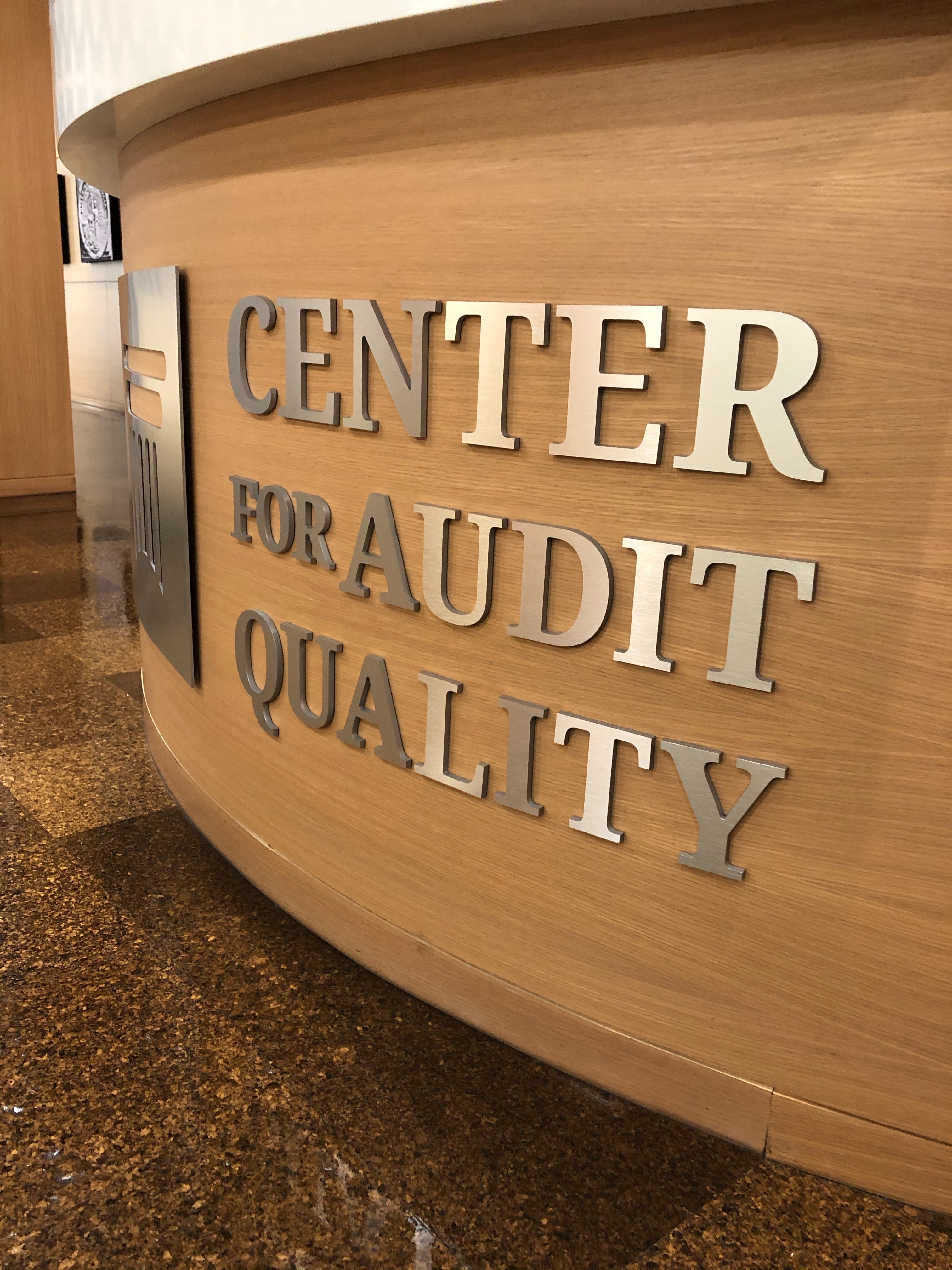Audit firms can enhance the reliability of environmental, social and governance reporting during the novel coronavirus pandemic, according to a new report from the Center for Audit Quality.
The report, The Role of Auditors in Company-Prepared ESG Information: Present and Future, describes how investors are using ESG information and the changing role of auditors in bringing greater reliability, comparability and relevance to such reports.
Investors are increasingly looking at ESG reports and other sustainability information to make decisions about which companies they should provide funding to, based on how they are dealing with the effects of climate change and treating their employees and managing corporate governance. The COVID-19 pandemic has forced investors to take a closer look at how companies are reacting and taking steps to deal with the virus.
As with audits of financial statements and internal control over financial reporting, third-party assurance from a public company audit firm improves the reliability of ESG information presented by companies to investors and other stakeholders. A McKinsey Company study found that nearly 7-in-10 investors (67%) said that sustainability audits should be as rigorous as financial audits.
“Auditors bring the independence, expertise, and experience necessary to enhance the reliability of ESG reporting as this information plays a heightened role in investment strategies,” said CAQ executive director Julie Bell Lindsay in a statement Wednesday. “Auditors have long played a role in the reliability of traditional financial information, and they can do the same with ESG information.”
The COVID-19 pandemic has further accelerated the focus on ESG information. Investors are increasingly looking for information on public company ESG practices in response to COVID-19, particularly employee health and work environments. Most ESG funds across various asset classes have performed better than non-ESG funds during the first four months of the year, according to data from Morningstar Direct.
The CAQ report looks at the types of information typically captured by companies, the different reporting standards and frameworks for presenting ESG information, and highlights current examples of audit firms assuring company-prepared ESG information.
“There are a number of reporting frameworks in place to help public companies present ESG information, but they are not broadly adopted nor do they use consistent metrics and disclosures,” said Lindsay. “Ultimately, a globally accepted system, built from existing standards and frameworks, that can be adapted to the market needs in different jurisdictions would help support companies in presenting comparable and relevant ESG information.”
The report also includes some of the main questions that board members should consider when discussing ESG reporting with management and investors, such as what the company has done to date and where it hopes to go. The CAQ is encouraging investors to consider how companies’ ESG information was developed, whether it’s standardized, and whether it’s reliable.